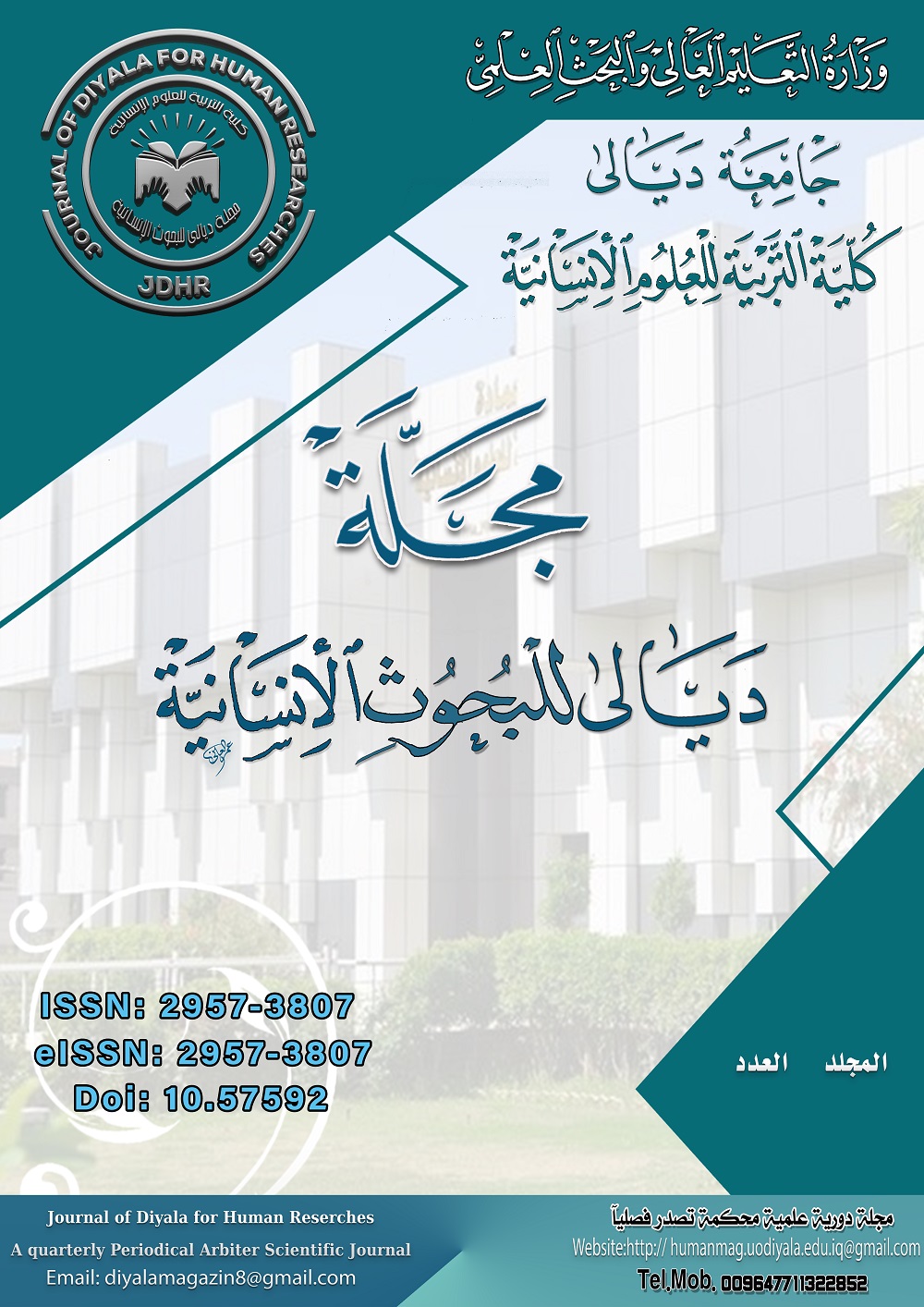Self-Actualization: An Analytical Study in Philip Kan Gotanda’s play The Wash EDITED COPY
Main Article Content
Abstract
Self-actualization is a very personal process that is likely to differ greatly from person to person because it is dependent on using one’s abilities to attain one’s goals. The pursuit of self-realization and a sense of personal greatness is the essence of self-actualization. To comprehend the self-discovery process more fully, Abraham Maslow’s idea of the Hierarchy of Needs will be employed. One of Maslow’s significant contributions is his emphasis on individual drives, which he believed set his work apart from modern motivational psychology. Asian American playwrights wrote about different topics, including self-discovery and self-actualization. Philip Kan Gotanda is among the Japanese American playwrights whose plays, men and women fight over how Asian Americans should struggle to be a part of American society from different viewpoints. This study examines the development of Masi’s character in Gotanda’s play The Wash and traces the stages of self-awakening along the path to self-actualization. It also emphasizes the social realities of Asian-to-American cultural transmission. The study finds that Masi’s character is capable of reaching a high level of self-actualization.
Article Details

This work is licensed under a Creative Commons Attribution 4.0 International License.
